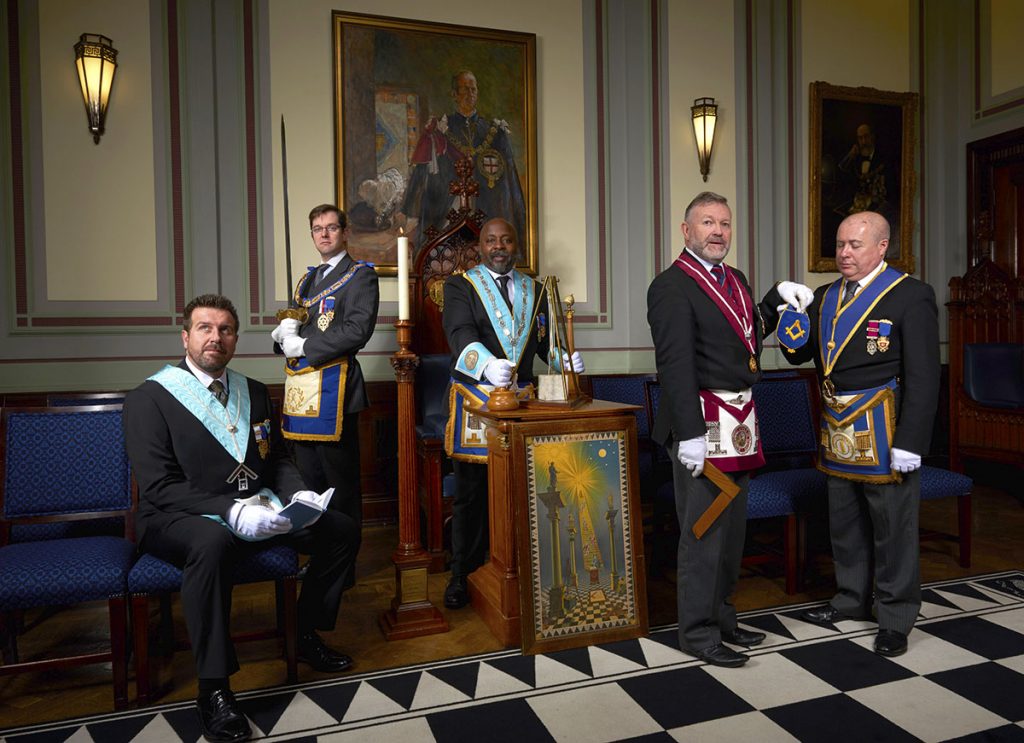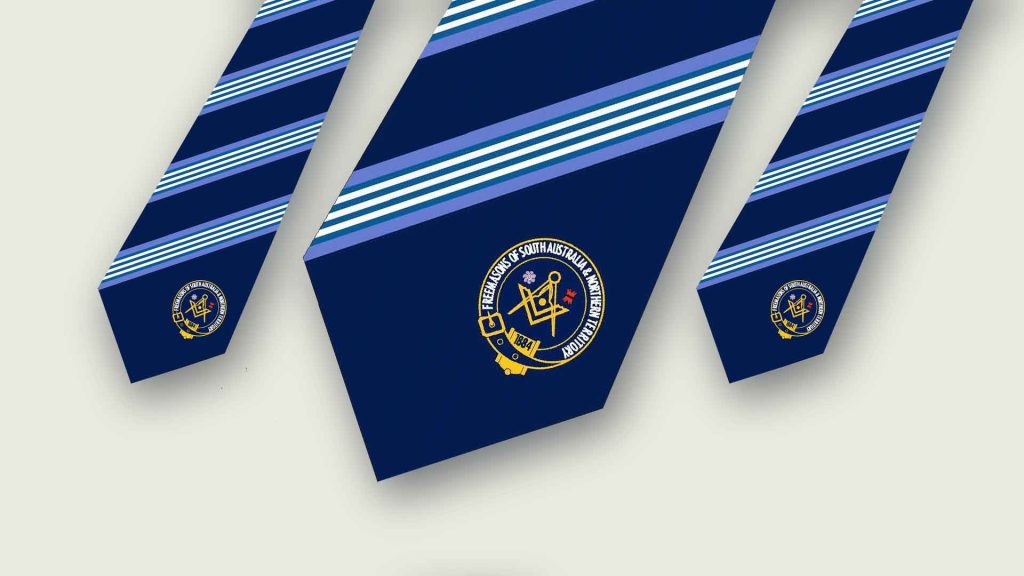Contents
Are you intrigued by the mysterious rituals and secretive society of Freemasonry? Wondering what it takes to become a member? Look no further – “The Cost of Membership in Freemasonry” will shed light on this enigmatic world. Delve into the mesmerizing world of Freemasonry as we uncover the financial aspects of joining this exclusive fraternity. Discover the fees, dues, and other expenses associated with becoming a Freemason, and gain a deeper understanding of what it truly means to be a member of this ancient and esteemed organization. Embark on a journey of enlightenment as we explore the price one must pay to unlock the doors of Freemasonry.
What is Freemasonry?
Freemasonry is an ancient fraternity that dates back to the 17th century. It is a system of morality and ethics that is based on a unique set of symbols and allegories. Freemasonry encourages its members to develop their character, promote goodwill, and engage in charitable activities. It is a global organization that aims to foster brotherhood, unity, and personal growth.
Historical Background
Freemasonry traces its origins to the stonemason guilds of the Middle Ages. During the decline of cathedral building, these craftsmen formed fraternal lodges to protect and share their trade secrets. Over time, the lodges evolved into more inclusive organizations, admitting non-craftsmen as members. Freemasonry became a haven for intellectuals, businessmen, and individuals seeking personal development.
Principles and Ideals
Freemasonry is built upon a set of principles and ideals that guide its members. These principles include brotherly love, relief, and truth. Freemasonry encourages individuals to be honest, to treat others with kindness and respect, and to assist those in need. The fraternity promotes personal growth, moral development, and the pursuit of knowledge.
Becoming a Freemason
Becoming a Freemason involves a formal initiation process and fulfilling certain requirements. Freemasonry is open to men who are of good character and who believe in a higher power. The fraternity welcomes individuals from all walks of life, regardless of their social or economic status, race, or religion.
Initiation Process
The initiation process is a unique and symbolic ritual that marks the beginning of a member’s journey in Freemasonry. During the initiation, candidates are led through a series of ceremonies that are designed to impart the teachings and values of the fraternity. These ceremonies involve symbolic gestures, words, and objects that are intended to deepen the candidate’s understanding of the principles of Freemasonry.
Requirements
To become a Freemason, individuals must be of legal age, typically 18 or 21 years old, depending on the jurisdiction. They must also be of sound moral character and believe in a higher power. Freemasonry encourages its members to be responsible citizens and contributing members of society. While a specific religious belief is not required, belief in a higher power is a fundamental principle of Freemasonry.

Membership Fees
Being a member of Freemasonry comes with certain financial obligations. These fees and dues contribute to the maintenance of lodges, charitable activities, and administrative costs.
Annual Dues
Each member is required to pay annual dues to the lodge. These dues cover the operational expenses, such as utilities, insurance, and administrative costs. The amount of annual dues varies from lodge to lodge, but they are typically affordable and adjusted based on the lodge’s financial needs.
Joining Fees
In addition to annual dues, new members might be required to pay a one-time joining fee. This fee helps cover the costs associated with the initiation process, such as regalia and ceremonial supplies. The joining fee ensures the financial stability of the lodge and allows it to continue its activities.
Lodge Expenses
Lodges have various expenses that need to be covered to maintain their facilities and support their activities.
Operating Costs
Operating costs include the routine expenses associated with running a lodge. These costs can include utilities, maintenance, cleaning supplies, and communication expenses. They ensure that the lodge can provide a welcoming and comfortable environment for its members.
Maintenance and Upkeep
Maintaining and improving lodge facilities is essential to provide a suitable meeting place for members. This includes repairs, renovations, and upgrades to the lodge building. Members’ contributions help ensure the longevity and functionality of the lodge, providing a welcoming space for generations to come.

Charitable Contributions
Freemasonry is known for its charitable endeavors and commitment to giving back to society. Members contribute to various charitable causes through their participation in Masonic charities and community assistance programs.
Masonic Charities
Freemasons support a range of Masonic charities, both locally and internationally. These charities aim to alleviate poverty, provide medical assistance, support education, and offer relief in times of hardship. Contributions from members fund these charitable initiatives, enabling Freemasonry to make a positive impact on the lives of individuals and communities.
Community Assistance
Beyond Masonic charities, lodges often engage in community assistance programs. Members join forces to organize and participate in events such as food drives, blood donation campaigns, and volunteering at local organizations. These activities not only benefit those in need but also foster a sense of community and social responsibility among Freemasons.
Optional Expenses
While not mandatory, there are optional expenses that members may choose to incur to enhance their Freemasonry experience.
Regalia and Clothing
Freemasons often wear distinctive regalia during lodge meetings and special events. The cost of regalia varies depending on the level of formality and personal preferences. Some members choose to acquire their regalia gradually, while others may opt for a complete set. Additionally, members may have specific clothing requirements for official Masonic functions, which can involve additional costs.
Lodge Events and Functions
Lodges organize various events and functions, such as dinners, social gatherings, and educational lectures. These events may have associated costs, such as tickets or fees for meals and refreshments. While participation is not obligatory, many members find value in attending these events to strengthen bonds within the fraternity and broaden their knowledge.

Scholarships and Educational Support
Freemasonry is committed to supporting education and offering opportunities for personal growth and development.
Scholarship Opportunities
Many lodges and Masonic bodies offer scholarships to deserving students pursuing higher education. These scholarships can help offset the financial burden of tuition fees, books, and other educational expenses. Freemasonry recognizes the importance of education and invests in the future of its members and their communities through these scholarships.
Continuing Education Programs
Freemasonry provides opportunities for members to engage in continuing education programs. These programs can range from leadership development workshops to courses on various subjects, including history, philosophy, and the arts. By encouraging lifelong learning, Freemasonry empowers individuals to grow intellectually and enhance their professional skills.
Social Benefits
One of the significant advantages of becoming a Freemason is the sense of friendship, brotherhood, and networking opportunities.
Friendship and Brotherhood
Joining Freemasonry opens doors to forming lifelong friendships and experiencing a close-knit brotherhood. Lodge meetings and social gatherings provide opportunities for members to connect, share experiences, and support one another. The bond forged through Freemasonry often extends beyond the walls of the lodge, fostering lasting relationships based on trust and mutual respect.
Networking Opportunities
Freemasonry offers a vast network of individuals from various backgrounds and professions. Members can benefit from this network by connecting with like-minded individuals and expanding their professional horizons. Whether seeking advice, finding job opportunities, or exploring new collaborations, the Masonic network can prove to be a valuable resource.

Professional Advancement
Freemasonry’s emphasis on personal development extends to professional growth and advancement.
Leadership Development
Freemasonry provides a platform for members to develop and hone their leadership skills. Through various roles and responsibilities within the lodge, members have the opportunity to take on leadership positions and practice essential skills such as decision-making, teamwork, and communication. These experiences can have a positive impact on their professional lives, enabling them to become effective leaders in their respective fields.
Skills Enhancement
Freemasonry encourages members to explore and develop their talents and skills. By participating in lodge activities, members can engage in public speaking, event planning, project management, and other areas that contribute to personal growth and skills enhancement. These acquired skills can prove beneficial in professional settings, contributing to career advancement and personal fulfillment.
Critiques and Counterarguments
While Freemasonry offers numerous benefits, some critics argue that there are hidden costs and question the value for money.
Hidden Costs
Detractors claim that Freemasonry conceals additional costs beyond the membership fees. These alleged hidden costs may include voluntary contributions, charity fundraisers, and expenses related to particular degrees or ceremonies. It is important for individuals considering membership to seek clarification from their local lodge regarding any potential additional expenses.
Value for Money
Critics also question the value for money associated with Freemasonry. However, the value derived from Freemasonry cannot solely be measured in financial terms. The benefits of friendship, personal growth, and the satisfaction of contributing to charitable causes are intangible and extend beyond financial considerations. Freemasonry provides a unique avenue for self-improvement and a sense of fulfillment that is not easily quantifiable.
In conclusion, becoming a Freemason involves financial obligations, such as annual dues and potential joining fees, which contribute to the maintenance and operation of lodges. Additionally, voluntary contributions and optional expenses, such as regalia and lodge events, can enhance the Freemasonry experience. However, these costs are outweighed by the numerous benefits, including charitable contributions, educational support, social connections, and professional development opportunities that Freemasonry offers its members. The financial aspect of Freemasonry should be viewed as an investment in personal growth, philanthropy, and camaraderie rather than a mere financial transaction.











